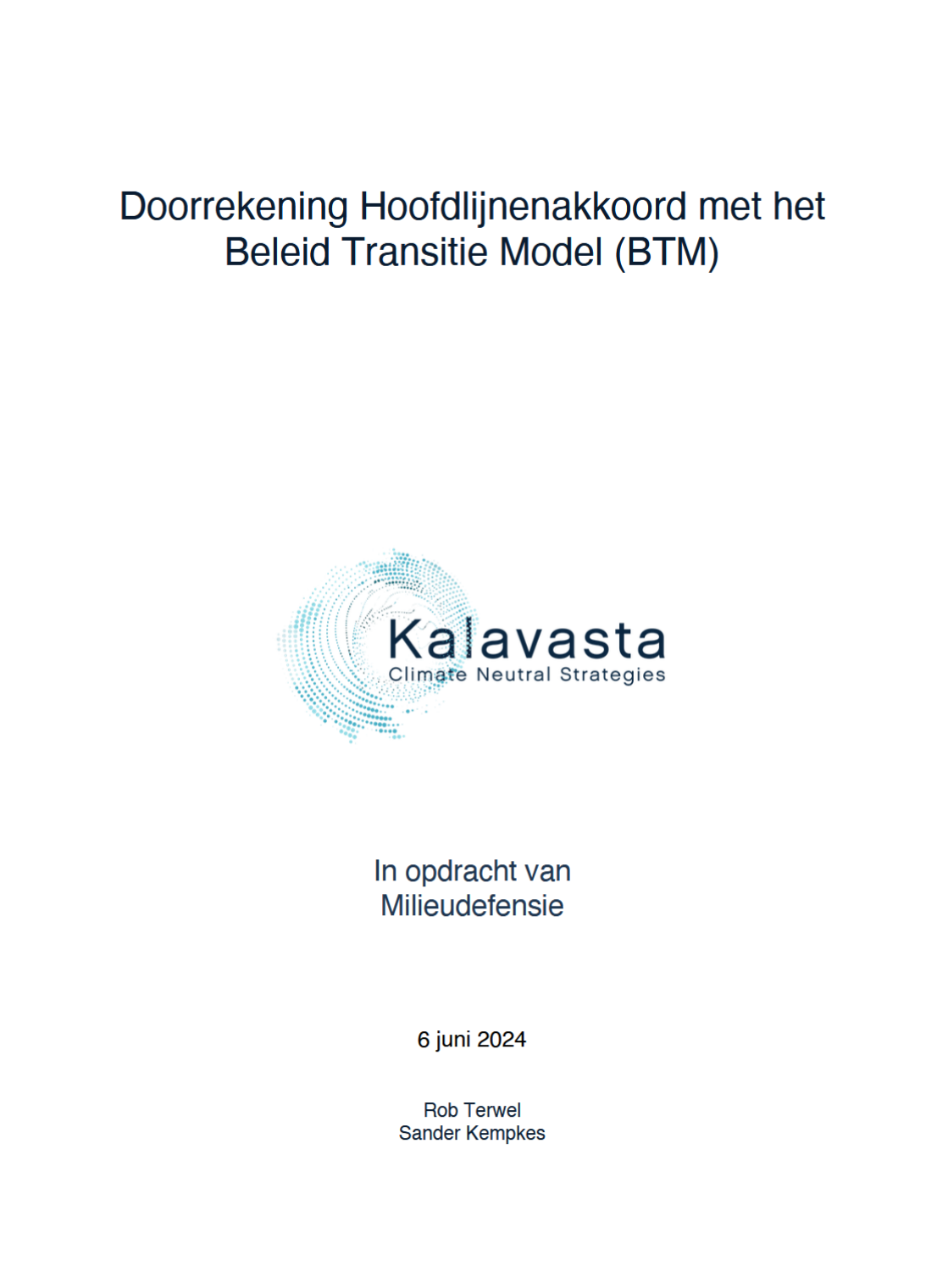Analysis of Dutch coalition agreement's climate policy impact


The analysis evaluated the impact of the new Dutch coalition agreement on household finances, emissions, and climate justice across different income groups. Milieudefensie commissioned Kalavasta to analyze how these policy changes would affect Dutch citizens compared to existing baseline policies, with a particular focus on understanding the distributional effects across society.
The analysis reveals that while average household expenses remain roughly stable, emissions increase compared to the baseline scenario. Higher income groups see slightly increased costs while lower income groups experience minor decreases. However, emissions increase more significantly for higher income households, leading to greater climate inequality. The biggest changes occur in the built environment sector, where reduced incentives for heat pump adoption result in continued reliance on natural gas.
The policy's effects vary substantially across income groups. Lower income households see modest cost reductions but minimal emission changes. In contrast, higher income households experience small cost increases but substantially higher emissions, particularly due to reduced adoption of sustainable heating technologies. This asymmetric impact worsens climate justice outcomes since higher income groups move further from their fair share of emission reductions.
The analysis modeled an alternative progressive energy tax system that could achieve both emission reductions and social goals. This approach demonstrated that carefully designed tax policies could reduce emissions while lowering costs for lower-income households and maintaining revenue neutrality for the government, offering a potential pathway to meet both climate and equity objectives.